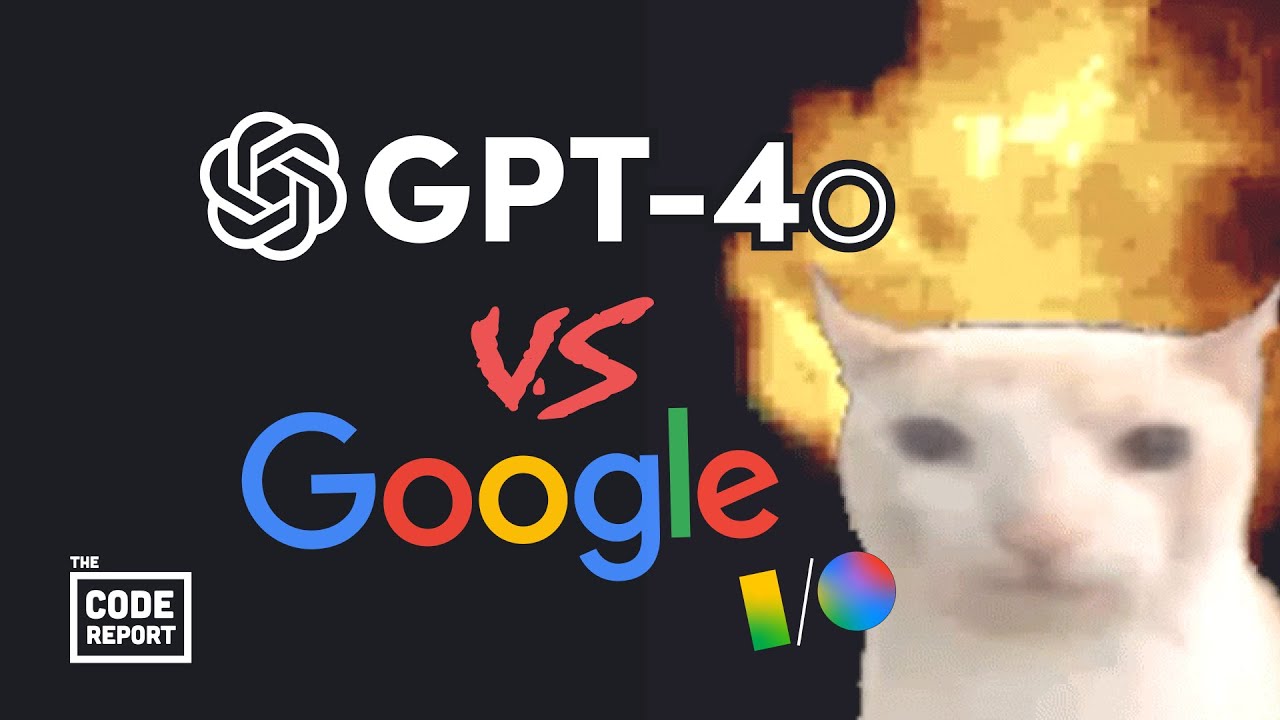In the battle for AI dominance, OpenAI unveiled their advanced GPT-40 Omni model with text, vision, and audio capabilities and human-like conversational abilities, while Google showcased Project Astro at Google I/O with similar features but more latency and robotic voice. Both companies are considering integrating their AI models on iPhones, highlighting a push towards mobile-friendly solutions, but there is a sense of disappointment regarding the pace of innovation towards achieving true artificial intelligence.
In the recent battle for AI dominance between OpenAI and Google, OpenAI announced their new flagship model, GPT-40, which is faster, cheaper, and combines text, vision, and audio capabilities. Notably, it possesses human-like conversational abilities, a significant advancement for AI technology. OpenAI is also considering putting their technology on iPhones, intensifying competition with Google, who showcased Project Astro at Google I/O, a similar offering to GPT-40 but with more latency and robotic voice compared to OpenAI.
OpenAI recently unveiled GPT-40 Omni, a model that integrates text, vision, and audio functions, boasting impressive conversational abilities. The technology, while not yet publicly available, shows promise for future AI applications. Additionally, both OpenAI and Google are in talks to have their respective models on iPhones, indicating a push towards creating efficient, mobile-friendly AI solutions.
At Google I/O, the tech giant announced Gemini 1.5 Pro, capable of handling a large context window of 2 million tokens, offering developers opportunities to create advanced AI-powered applications. Google also introduced Firebase data connect, fulfilling a long-standing request to integrate SQL databases with Firebase, a highly requested feature that enhances the platform’s capabilities.
Google unveiled new hardware, including Trillium TPUs and Axion arm-based CPUs for data centers, alongside vo, a generative video model to rival OpenAI’s Sora. While these advancements mark progress in AI technology, there is a sense of disappointment regarding the pace of innovation towards true artificial intelligence. Despite advancements in speed and cost-efficiency, the quest for AI to become truly intelligent and independent remains a challenge, hinting at a plateau in the development of AI technology.
The AI landscape continues to evolve rapidly with OpenAI and Google pushing boundaries with new models and features. While the competition between the two tech titans drives innovation, there is a growing realization that reaching the singularity, where AI surpasses human intelligence, may require a major breakthrough. The quest for true artificial intelligence remains a complex and ongoing journey, with both companies striving to create more intelligent, efficient, and accessible AI solutions.
